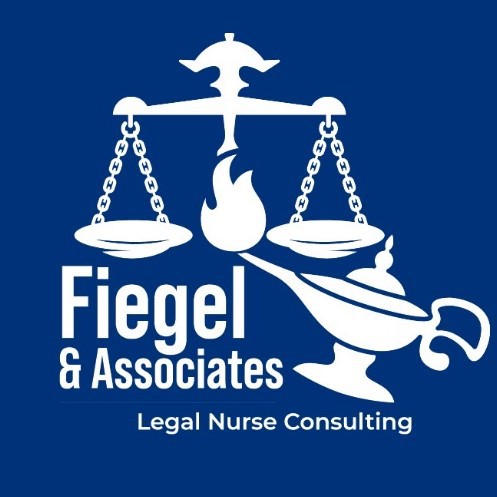Nursing shortages pose a significant challenge to the healthcare industry, affecting patient care and overall system efficiency. The demand for qualified nurses has consistently outpaced supply, leading to increased workloads and stress for existing staff. This shortage not only impacts the quality of care provided to patients but also has broader implications for healthcare outcomes and costs. Certified Legal Nurse Consultants (CLNCs) must understand the dynamics of nursing shortages, as they often play a role in legal cases involving patient care and safety.
One of the primary consequences of nursing shortages is the deterioration of patient care. When nurse-to-patient ratios are too high, the quality of care can suffer, leading to increased risks of medication errors, infections, and other adverse events. CLNCs may find themselves involved in malpractice cases where inadequate nursing staffing levels contributed to a patient’s injury or worsened condition. In such cases, establishing a link between nursing shortages and poor patient outcomes is essential for legal arguments.
The nursing workforce faces numerous challenges, including burnout, job dissatisfaction, and an aging population of nurses approaching retirement. These factors exacerbate the shortage and lead to increased turnover rates, further straining the healthcare system. CLNCs can play a role in advocating for solutions to address these challenges, such as promoting better working conditions, competitive salaries, and mental health support for nurses.
Additionally, nursing shortages can lead to increased healthcare costs. With fewer nurses available, hospitals may need to rely on expensive agency staff to fill gaps, raising operational costs and potentially compromising patient care. CLNCs can provide valuable insights into the financial implications of nursing shortages in legal cases, helping to contextualize the challenges faced by healthcare providers.
In conclusion, nursing shortages have far-reaching consequences for the healthcare industry, impacting patient safety, care quality, and operational costs. Certified Legal Nurse Consultants play a critical role in understanding these dynamics, especially in cases involving allegations of inadequate care. By advocating for better working conditions and addressing the factors contributing to nursing shortages, CLNCs can help improve the overall healthcare landscape.

